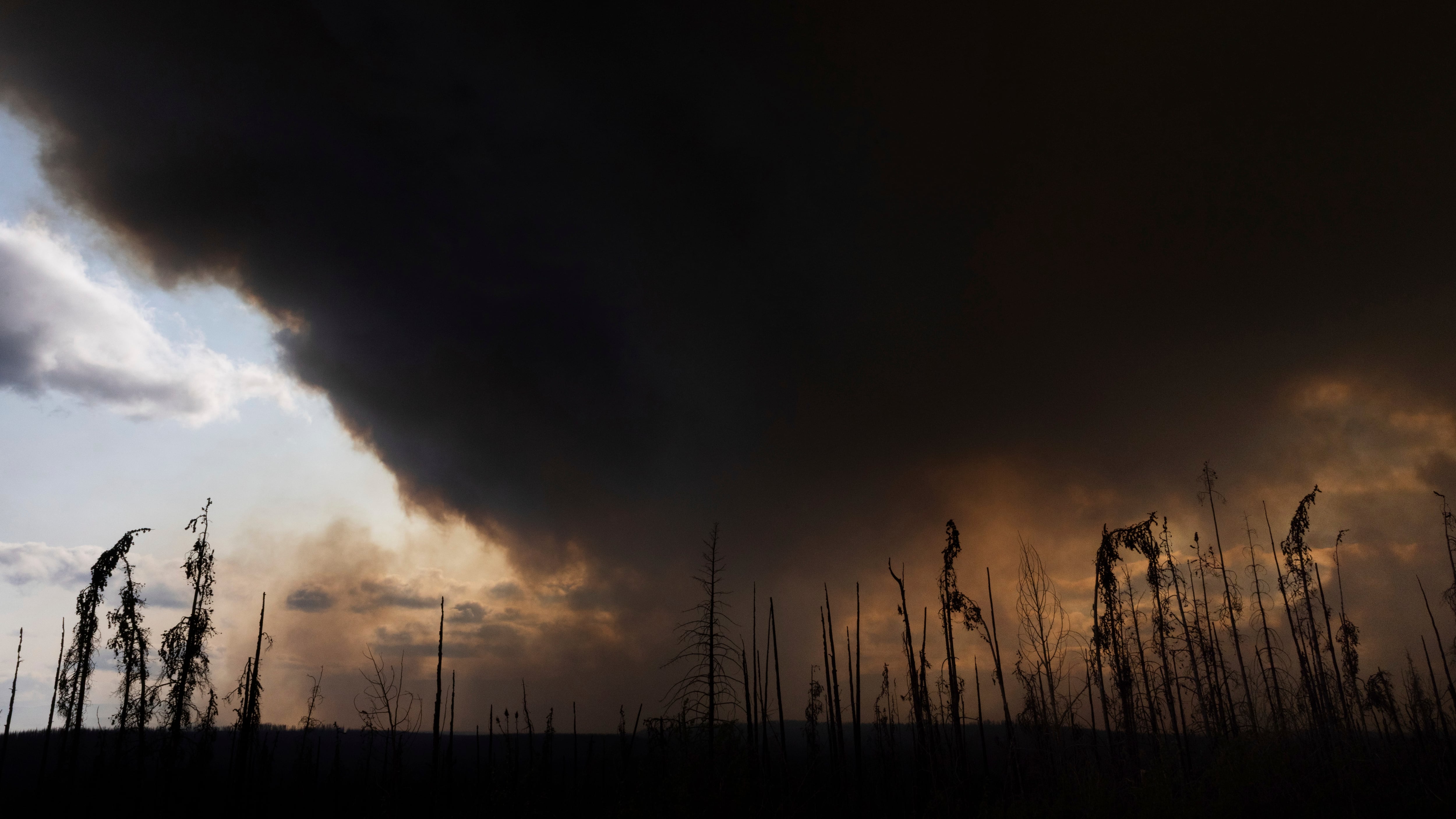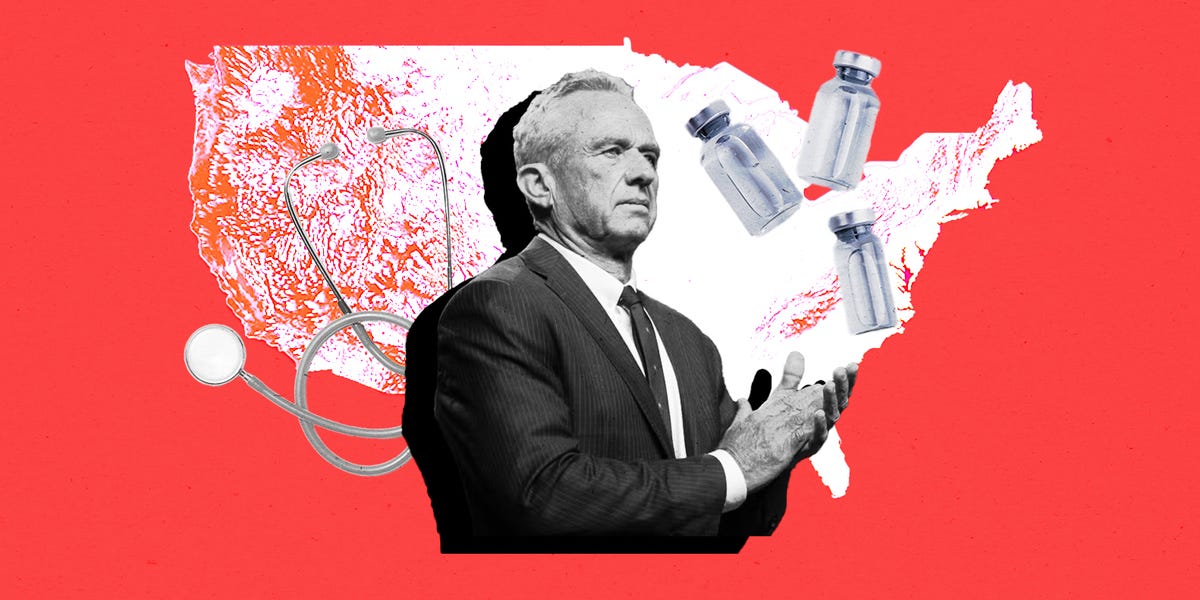New Panel of Experts to Provide Unbiased Recommendations on Vaccine Safety and Effectiveness

About the People Mentioned
Robert F. Kennedy Jr.
Robert F. Kennedy Jr. is an American politician, environmental lawyer, and author, born on January 17, 1954, in Washington, D.C. He is the third of eleven children of Robert F. Kennedy, the U.S. Attorney General, and Ethel Skakel Kennedy. His family's political legacy includes his uncle, President John F. Kennedy. Kennedy's early life was marked by personal struggles, including drug addiction, which led to his arrest for heroin possession in 1983. However, he later redirected his life towards environmental advocacy and public service. Kennedy graduated from Harvard University in 1976 with a degree in American history and literature and later earned a law degree from the University of Virginia in 1981. He began his career as an assistant district attorney in Manhattan but soon shifted his focus to environmental law. In 1987, he received a master's degree in environmental law from Pace University, where he taught environmental law from 1986 to 2018 and co-founded the Environmental Litigation Clinic. Notably, Kennedy is the founder of the Waterkeeper Alliance, a global clean water advocacy group, and Children's Health Defense, which focuses on childhood chronic diseases and environmental exposures. He has been recognized for his environmental activism, including being named TIME Magazine's "Hero for the Planet" for his efforts in restoring the Hudson River. Kennedy has also been involved in high-profile legal cases against companies like DuPont and Monsanto. In recent years, he has been a vocal figure in vaccine skepticism and public health controversies. In the 2024 U.S. presidential election, Kennedy initially ran as an independent candidate before endorsing Donald Trump. Currently, his involvement in public life includes controversial stances on health and environmental issues. Despite these controversies, his work in environmental law and advocacy has had significant impacts on public health and environmental protection.
About the Organizations Mentioned
US Centers for Disease Control and Prevention
The **U.S. Centers for Disease Control and Prevention (CDC)** is a premier federal public health agency under the U.S. Department of Health and Human Services, headquartered in Atlanta, Georgia. Founded on July 1, 1946, as the Communicable Disease Center, it evolved from the World War II-era Malaria Control in War Areas program, initially tasked with controlling malaria around military bases in the southern United States[1][2][3][5]. Its mission has expanded significantly to encompass disease prevention, health promotion, environmental health, and emergency preparedness. The CDC's early focus was on infectious diseases such as malaria and typhus, with major efforts including mosquito abatement and spraying millions of homes with DDT to combat malaria[2][4]. Over time, it broadened its scope to include polio, smallpox, chronic diseases, injury prevention, toxic chemicals, occupational health, and health statistics[4][5]. The agency also developed a reputation for "shoe-leather epidemiology," conducting field investigations to identify and control outbreaks[6]. Key achievements include managing the 1955 polio vaccine crisis, which restored public confidence in immunization programs, and guiding national influenza vaccination policies after the 1957 epidemic[6]. The CDC established the National Center for Injury Prevention and Control in 1992, highlighting its role in addressing broader public health issues[2]. It also operates advanced biosafety level 4 laboratories and maintains operations domestically and internationally[4]. Today, the CDC serves as a global leader in epidemiology and public health science, providing vital data, health education, disease surveillance, and grants to improve health outcomes. It consolidates expertise across infectious diseases, immunization, environmental health, and health promotion, partnering with academia, industry, and governments worldwide[5][9]. Its blend of scientific innovation, field investigation, and public health leadership makes it a cornerstone institution in global health security and emergency response. Notable aspects include its historica














